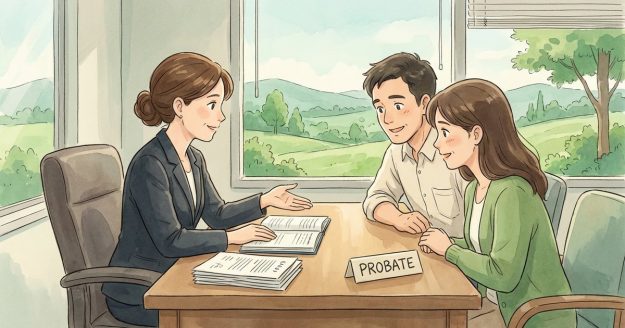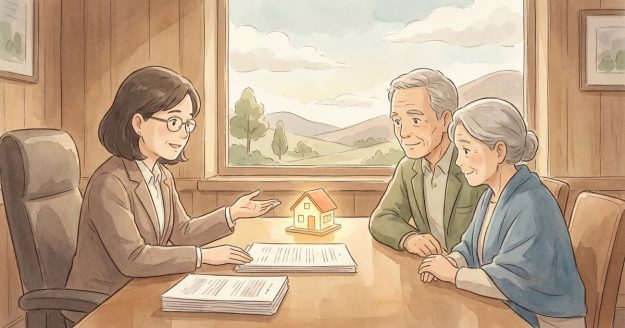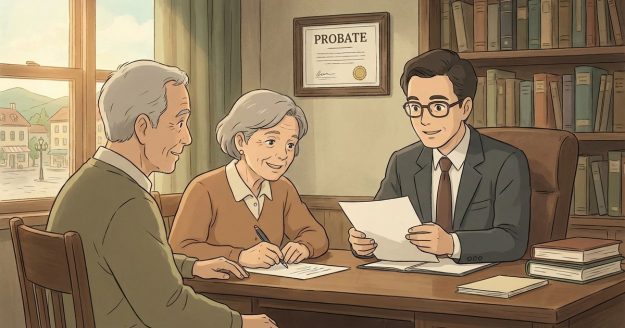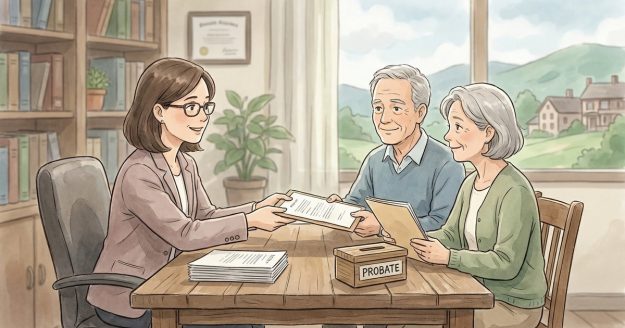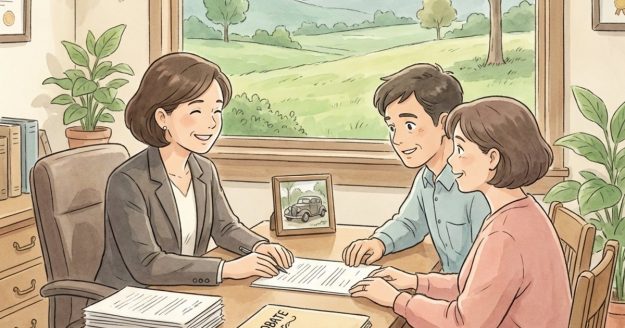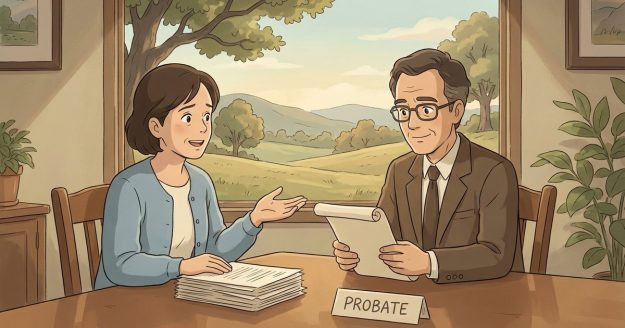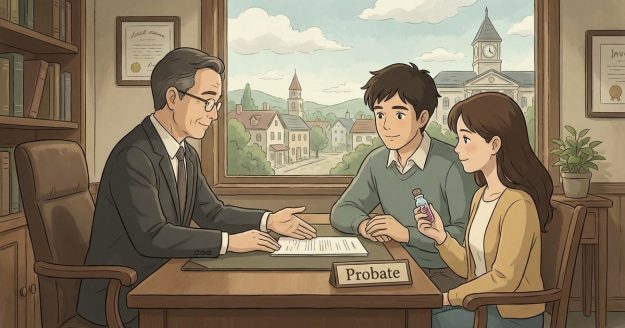Do joint bank accounts need to be included on the probate inventory, and what happens if funeral expenses were paid from a joint account? nc
Do joint bank accounts need to be included on the probate inventory, and what happens if funeral expenses were paid from a joint account? – North Carolina Short Answer In North Carolina, a true joint account with right of survivorship usually passes to the surviving co-owner outside of probate, so it is often not listed…


